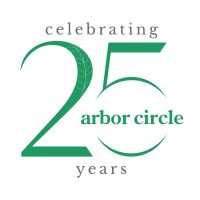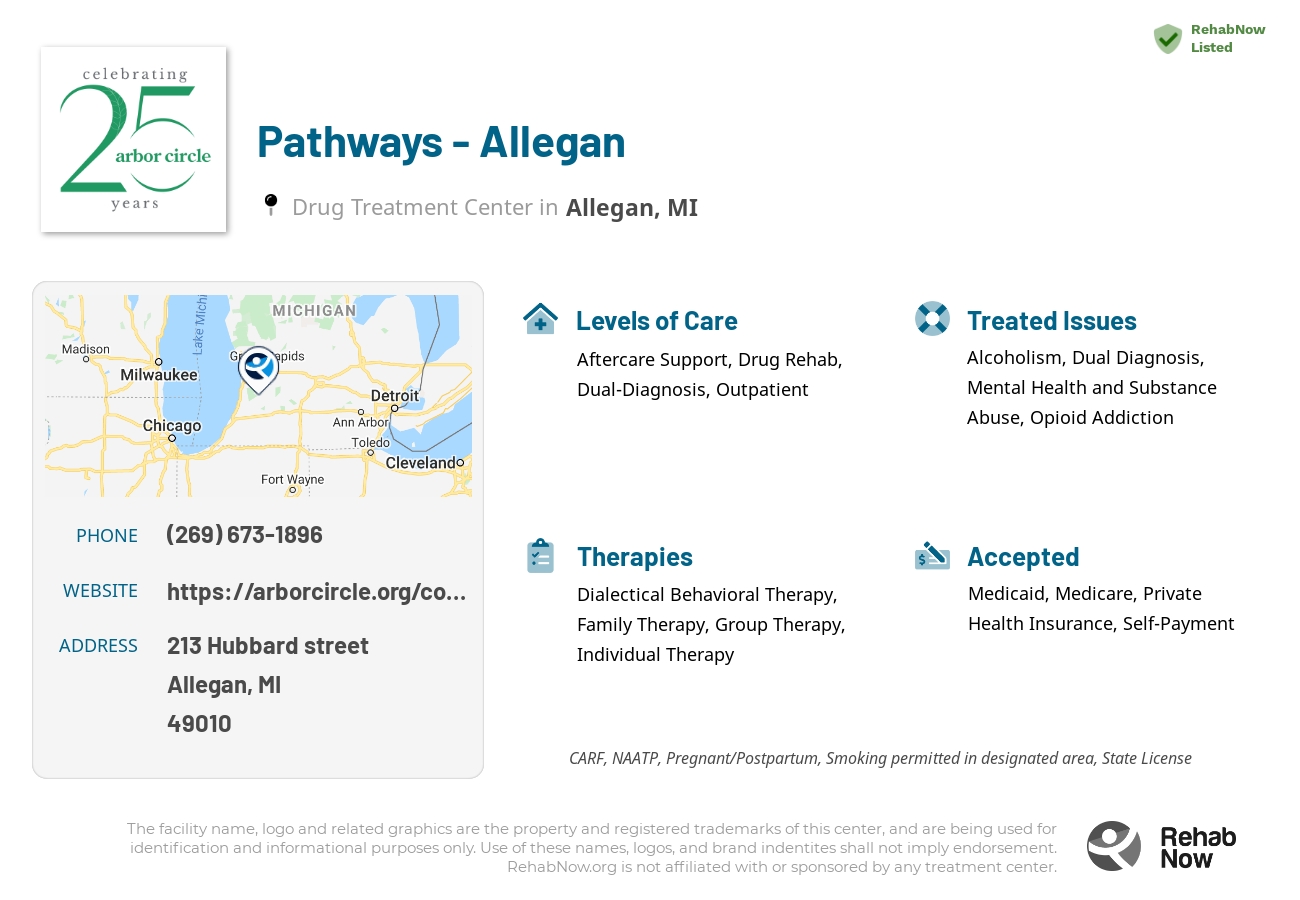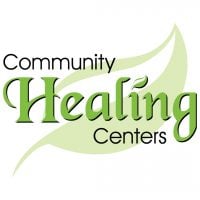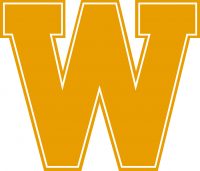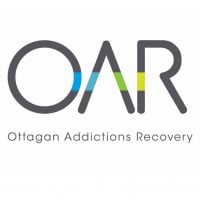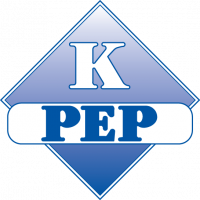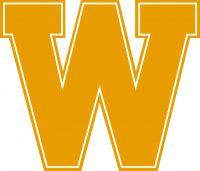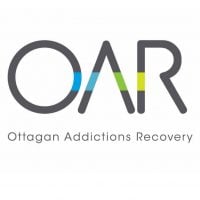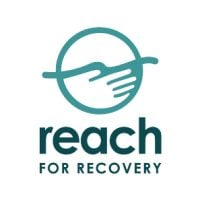Pathways - Allegan
Drug Rehab Center in Allegan, Michigan
Pathways - Allegan in Allegan, Michigan is a drug treatment center that offers a range of services for individuals struggling with alcoholism, dual diagnosis, opioid addiction, drug addiction, substance abuse, and mental health issues, including outpatient levels of care and aftercare support.
About Pathways - Allegan in Michigan
Pathways - Allegan is a drug treatment center located in Allegan, Michigan. They specialize in providing treatment for individuals struggling with alcoholism, dual diagnosis, opioid addiction, drug addiction, substance abuse, and mental health issues. Pathways - Allegan offers a range of services to support individuals in their journey to sobriety. They accept private health insurance and are affiliated with Arbor Circle, a well-known organization in the field of addiction and mental health treatment.
At Pathways - Allegan, individuals can access a diverse range of treatment methods and services. The facility provides aftercare support to help individuals maintain their recovery outside of the treatment setting. They offer drug rehab programs that focus on addressing the specific needs of individuals struggling with addiction. Dual-diagnosis treatment is also available for those dealing with co-occurring mental health disorders. Pathways - Allegan provides outpatient levels of care, allowing individuals to receive treatment while still maintaining their daily responsibilities. The services offered at Pathways - Allegan aim to address the diverse needs of those seeking help for addiction and substance abuse.
Genders
Ages
Modality
Additional
Conditions and Issues Treated
Opioid addiction starts when a person becomes addicted to legal or illegal opioids. The addiction can happen quickly, in just a matter of days. Opioid withdrawal can be extremely uncomfortable and lead the user to continue to use even if they want to quit. Stopping using an opioid requires medical observation. Sometimes inpatient treatment with a medically supervised detox is necessary for managing the withdrawal process while learning lasting tools for maintaining recovery. Medications may be used in some cases of opioid addiction.
Opioid addiction is one of Michigan‘s most prominent forms of addiction. It’s treated by detoxifying the body so that the chemicals from the medications no longer impact them and by therapies to correct behavior and target the root of the problem.
Recovery is not simply about stopping drug use. Recovery is working with addiction while recovering mental health issues that are fueling the addiction in the first place.
Levels of Care Offered
This center offers a variety of custom treatment tailored to individual recovery. Currently available are Aftercare Support, Drug Rehab, Dual-Diagnosis, Outpatient, with additional therapies available as listed below.
Outpatient treatment is considered the lower intensity level of addiction treatment. It’s ideal for early phase addiction or lower intensity addictions. It may include weekly sessions instead of daily. It may include weekly sessions instead of daily. Peer group support, 12-step programs, and individual counseling may still be involved but at a lesser frequency than an intensive outpatient program. It is a good choice for someone who doesn’t need to go through a medically supervised detox and who has a supportive home environment. It requires motivation and dedication to commit to the program without constant monitoring.
Aftercare support should take place after outpatient treatment has ended. There are a few different types of aftercare support that patients can seek. These include 12 Step, Self-help groups (AA, NA), Therapeutic communities, Long-term, structured sober living arrangements, and Halfway houses (residential treatment centers).
Therapies & Programs
Individual therapy involves one-on-one sessions between the patient and therapist. It provides patients with a safe environment to openly discuss personal and sensitive issues with the therapist. They find the therapist as someone they can trust. Individual therapy aims to identify the core issues that would have led the patient to substance abuse and address them effectively. The therapist can develop patient-specific customized solutions through individual therapy, which aids speedier recovery.
Family therapy is a group problem-solving that aims to improve communication and relationships between the addict, their family, and sometimes friends. The main goal of family therapy for drug addiction is to create an environment where communication can occur without judgment, hostility, or blame. The therapist is with the family as they learn to communicate differently, especially with the addict when s/he is using. The family can learn to reduce their enabling behavior or rally together and support each other during tough times.
An addict’s family can play a vital part in helping them to avoid relapse because they can spot the warning signs and help them get back on track before it becomes too much of a problem. Family therapy is one of the most effective ways to help addicts stay on the path to long-term sobriety. When a drug addict decides that they want to try and get sober, it takes the support of every person they love to succeed. It can be incredibly difficult for loved ones to watch an addict go through the pain and suffering of withdrawal, but by being there with them and supporting them, they can help to make sure that the addiction never returns.
Groups typically involve meetings with other recovering addicts who can relate to one another’s experiences. They might meet in person or online and typically focus on the process of staying sober rather than overcoming a specific addiction.
In these groups managed by Pathways - Allegan, addicts can build a sense of community and develop strong emotional connections with others who understand what they are going through. These beneficial relationships can help addicts overcome their cravings and prevent relapse at any point during the recovery process.
Dialectical Behavior Therapy (DBT) is a type of therapy created in the late 1980s and early 1990s to help people with high rates of suicidal behavior. DBT helps people learn how to live a life that is no longer controlled by overwhelming emotions and urges. It is beneficial in treating drug addiction because it helps patients understand and cope with their cravings for drugs or alcohol rather than turning to those substances as a way of coping.
There is hope for people who are addicted to drugs and alcohol. Cognitive Behavioral Therapy (CBT) is the solution. CBT focuses on the underlying thoughts and behaviors that caused the addiction problem in the first place and may cause a relapse. This type of psychotherapy addresses negative feelings common in substance abuse disorders. It helps to change them by restructuring thought patterns. It’s about removing negative thoughts and providing long-term benefits while promoting self-awareness, self-control, and healthy ways to respond to negative thoughts. These sessions can be done by themselves or as part of combination therapy.
Payment Options Accepted
For specific insurance or payment methods please contact us.
Is your insurance accepted?
Ask an expert, call (888) 674-0062
Arbor Circle Associated Centers
Discover treatment facilities under the same provider.
- Arbor Circle Corporation - Grand Rapids in Grand Rapids, MI
- Pathways - Holland in Holland, MI
- Arbor Circle Counseling Services in Newaygo, MI
- Arbor Circle Counseling Services - Newaygo County in Newaygo, MI
- Arbor Circle Newaygo Services in Newaygo, MI
Learn More About Arbor Circle Centers
Additional Details
Specifics, location, and helpful extra information.
Allegan, Michigan 49010 Phone Number(269) 673-1896 Meta DetailsUpdated November 25, 2023
Staff Verified
Pathways - Allegan Patient Reviews
There are no reviews yet. Be the first one to write one.
Allegan, Michigan Addiction Information
Michigan has the second-highest rate of drug and alcohol abuse in the nation. Heroin is linked to more than 50% of the state's hepatitis C cases. Marijuana is the drug most often associated with crimes in Michigan, followed by methamphetamines. Opioids alone are responsible for almost 20% of all drug overdose deaths in Michigan.
Treatment in Nearby Cities
- Alpena, MI (212.8 mi.)
- Kingsford, MI (251.4 mi.)
- Bessemer, MI (343.1 mi.)
- Saint Joseph, MI (44.4 mi.)
- Wakefield, MI (339.4 mi.)
Centers near Pathways - Allegan
The facility name, logo and brand are the property and registered trademarks of Pathways - Allegan, and are being used for identification and informational purposes only. Use of these names, logos and brands shall not imply endorsement. RehabNow.org is not affiliated with or sponsored by Pathways - Allegan.
